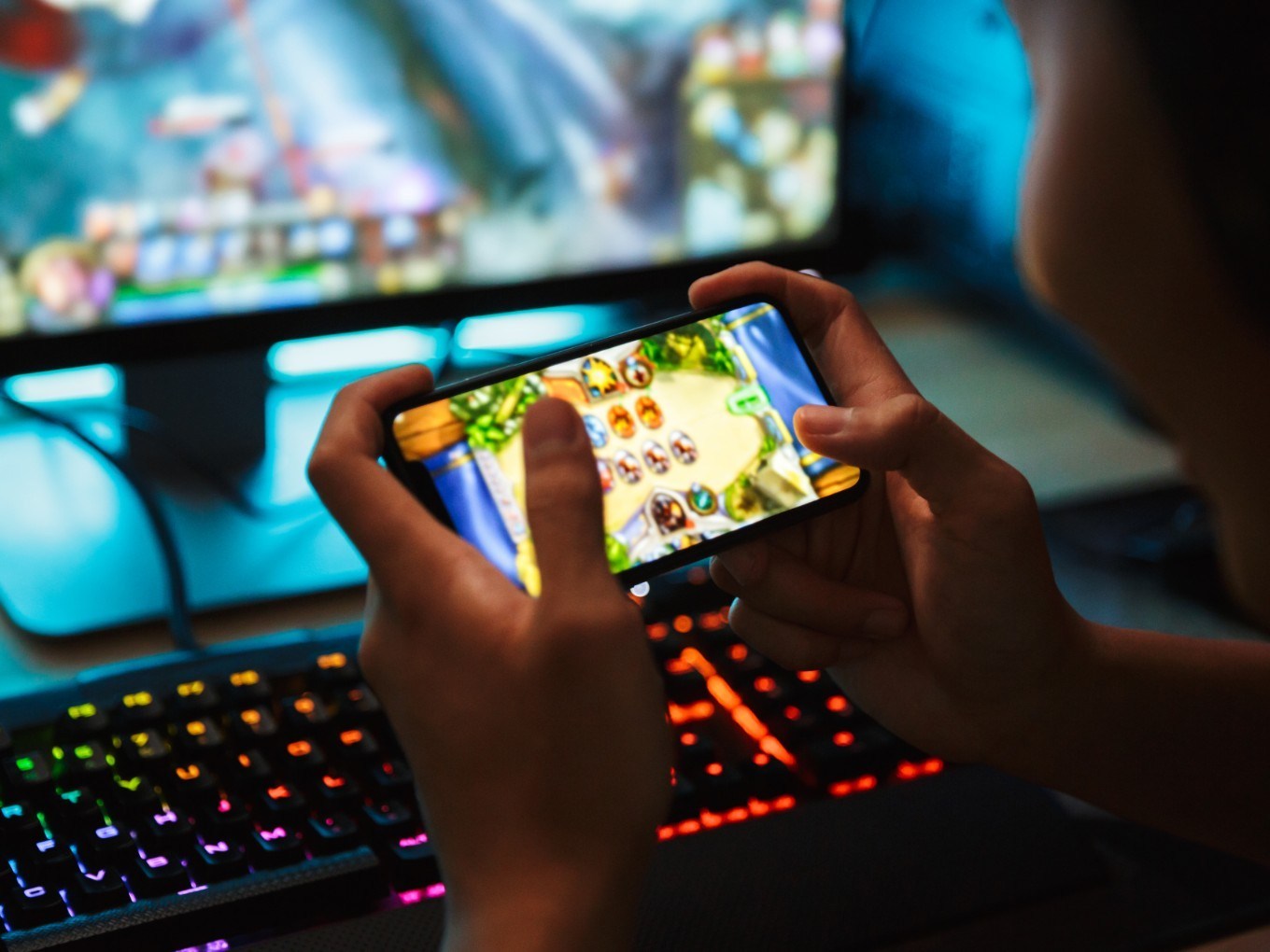In the current digital landscape, online gaming has emerged not just as a source of amusement, but as a versatile space that cultivates creativity. A lot of individuals often overlook the potential benefits of gaming, paying attention only on its recreational aspects. Nevertheless, as we delve deeper into the world of online games, it becomes evident that they serve as a formidable resource for enhancing innovative thinking and problem-solving skills.

Engaging in online games encourages players to approach challenges creatively, whether they are strategizing in a competitive match or collaborating with others in immersive role-playing environments. These gameplay scenarios not only stimulate the mind but also provide a distinct environment for artistic expression and innovation. From designing detailed tactics to building virtual worlds, gaming offers a canvas for creativity that motivates players to push the boundaries of their imagination.
A Innovative Gains of Digital Gaming
Internet gaming nurtures an environment that encourages creative problem solving. Players frequently encounter complex obstacles that require them to think outside the box and devise novel approaches to progress. This not only enhances their analytical thinking skills but also helps them to tackle real-life problems with a more creative mindset. By overcoming barriers within a game, players can foster a feeling confidence in their creative abilities.
In addition, many digital games present extensive personalization possibilities, allowing players to demonstrate their individuality and imagination. Whether it’s creating a character, shaping a virtual world, or creating original objects, the ability to modify interactions encourages a sense connection. This practical method to innovation can convert into practical skills in fields such as design, visual arts, and even coding, as players understand to navigate various components within the game.
Finally, the cooperative aspect of internet gaming can significantly boost innovative thinking. Interacting with others to develop concepts, confront challenges, or collaborate within a game encourages a vibrant flow of ideas. This communal engagement not just expands a player's perspective but further inspires them to consider new perspectives, resulting in greater creativity. Working together in an online context can ignite new ideas that may not emerge in solitary tasks, making gaming a potent mechanism for innovation.
Creative Game Making and Artistic Exploration
Internet-based gaming offers a unique platform for artistic expression, enabling players to engage not just with gameplay but with the design itself. Numerous games invite players to modify characters, create worlds, or even create entire game levels. This hands-on involvement allows gamers to experiment with different artistic choices, mechanics, and narratives, encouraging a sense of pride over their creations that traditional gaming formats may not provide. By manipulating environments and crafting experiences, players tap into their imaginative skills, honing skills that can go beyond the gaming space.
Furthermore, online gaming communities often support collaboration and collaborative expression. Players frequently share their designs and ideas in online communities or platforms, receiving feedback and motivation from others. This interaction enhances creativity, as individuals can observe how others apply the same tools and themes. Such shared playgama foster creativity, pushing players to delve beyond their initial concepts and develop more complex and original creations. As they interact with a diverse group of creators, players learn to appreciate various perspectives, enhancing their creative process.
Moreover, the repetitive nature of game design in the online space promotes experimentation. Players are not restricted to a sole creative vision; they can change their creations based on experiences, errors, and new ideas. This flexibility encourages a growth mindset where players view setbacks as opportunities for improvement. Over time, through the experimentation process inherent in game design, individuals build resilience, self-assurance, and a deeper understanding of both the creative process and their own creative tendencies.
Society and Cooperation in Gaming
Digital gaming fosters a unique sense of community among players. Numerous games include attributes that facilitate interaction, allowing individuals to connect with others from varied backgrounds and locations. This social aspect transforms gaming from a lone activity into a communal experience. Players often form friendships that reach beyond the game, engaging in conversations, exchanging strategies, and even supporting one another in the physical world. These connections create a dynamic culture that improves the general enjoyment of the gaming experience.
Collaboration is a key aspect of numerous online games, encouraging teamwork and collective problem-solving. Gamers often come together to accomplish missions, overcome challenges, or build shared spaces. This cooperative gameplay requires effective communication and coordination, helping players develop skills that are applicable to real life situations. Moving through these collaborative environments allows individuals to explore different roles and responsibilities, fostering leadership qualities and enhancing inclusivity.
Additionally, the collaborative aspect of online gaming fosters creativity. Players are often tasked with developing strategies, building structures, or developing narratives together. This collaborative creativity not just enhances problem-solving skills but also pushes players to think outside the box. As they strive towards common goals, their imagination is stimulated, resulting in innovative solutions and unique gameplay moments that highlight the art of play in a virtual setting.
